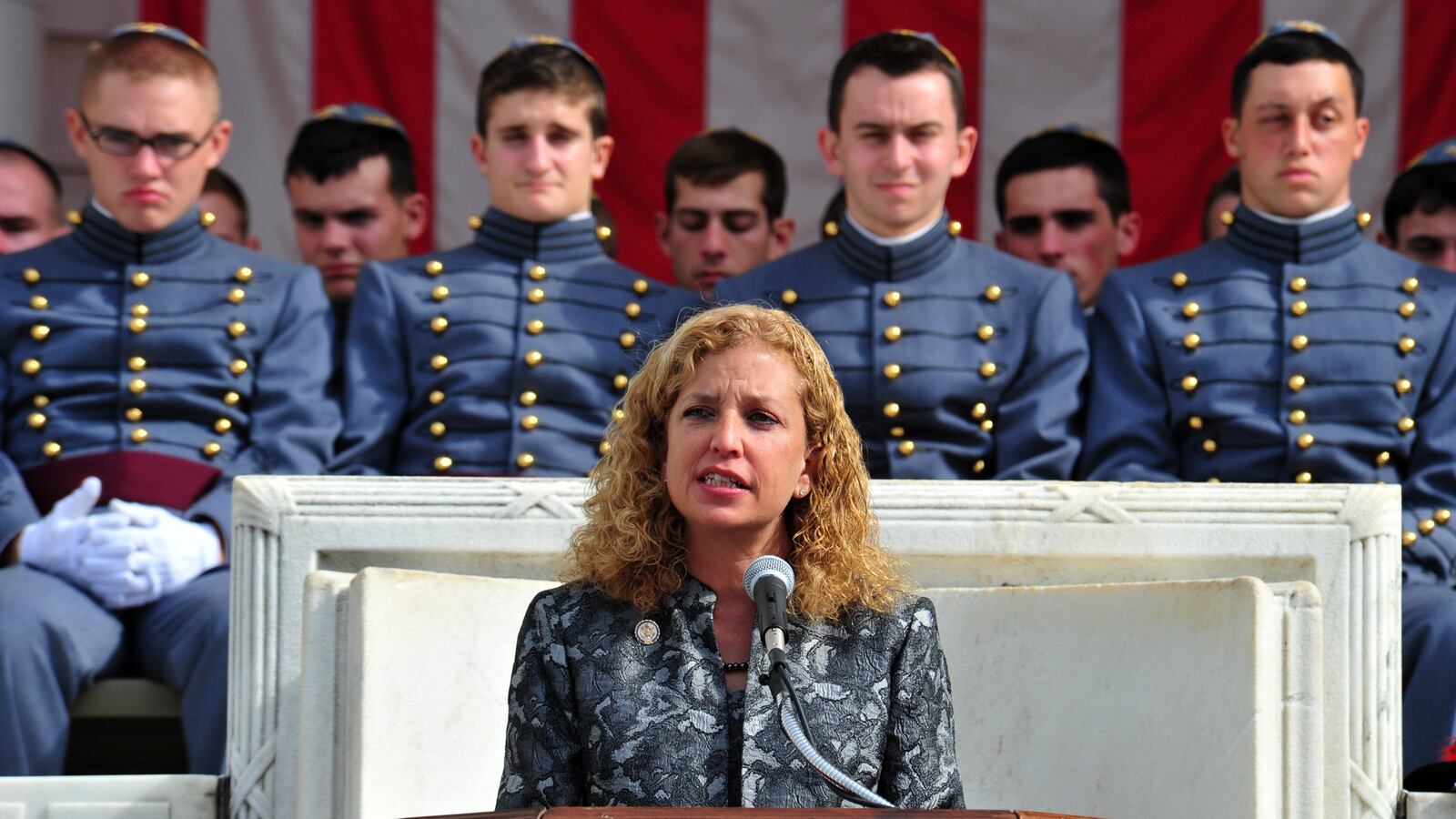Shortly after I arrived in New York to become editor of the Forward in 2008, I began meeting leaders of the official Jewish community it seemed that everyone I was introduced to was a man.
But as a great mentor once told me, the plural of anecdote is not data. So I set about to see whether my anecdotal impressions stood up to rigorous analysis.

Sadly, my hunches proved correct.
Beginning in 2009, and every year since, the Forward has examined the leadership of the American Jewish communal world’s 75 largest national organizations — federations, religious and educational institutions, service and advocacy groups — to catalogue who is in charge and how much that person earns. The first year, women lead only eleven of the organizations. The following year, the number dropped to nine, and 2011 brought no change to that abysmal finding.
Plus, as our most recent story detailed, women were earning only 62.5 cents for every dollar earned by a man.
In 21st century America, how can such a profound gender gap (in both earnings and prominence) exist in Jewish institutions?
First, the men who run what could be called the conventional legacy organizations—Anti-Defamation League, American Jewish Committee, B’nai Brith International, AIPAC, Zionist Organization of America, etc.—have been in their positions for a very long time. Decades, even. In some instances, women climbing the ranks of those organizations have left because the glass ceiling was, in fact, made of impenetrable cement. Only when (if?) there’s a change in command will women have a chance at those assignments.
Trouble is, this isn’t simply a generational phenomenon. Men also dominate many of the newer, more progressive organizations—J Street, Jewish Funds for Justice, Hazon, etc.—and popular causes like Hillel and the Foundation for Jewish Camp. Meantime, in the religious sphere, men remain firmly in control from the Orthodox to the Reconstructionist. Only the Rabbinical Assembly, representing Conservative rabbis, is headed by a woman, Rabbi Julie Schonfeld.
Ironic, isn’t it, to see Jewish women—indeed, Jewish mothers—lead cutting edge behemoths like Facebook and first-rate educational institutions like University of Pennsylvania, with no counterparts in the Jewish communal world?
When I first start reporting on this issue, several people posited that women may not be as successful as men at fundraising in the Jewish world, and that was one reason for the leadership disparity. But that’s just preposterous. If Jewish women weren’t good fundraisers, why would Debbie Wasserman Schultz be in charge of the Democratic National Committee?
This response, though, reflects a deep-seated cultural prejudice that I think is at work here, an unexpressed sense that Jewish organizations are like family, and family is headed by a man, and the men in charge can’t quite imagine a woman in command. It’s as if our community is still shaped by the legacy of gender inequality and restriction that defined Jewish life for millennia. Even when the explicit prohibitions have been rescinded — even when women have full rights in all but the Orthodox denominations — the implicit prohibitions continue.
Whatever the reasons, the situation must change — not because women are inherently better leaders or even intuitively different ones, but because it’s self-defeating to essentially rule out half the applicant pool when we need the very best people to confront the enormous communal challenges we face in America and beyond.






